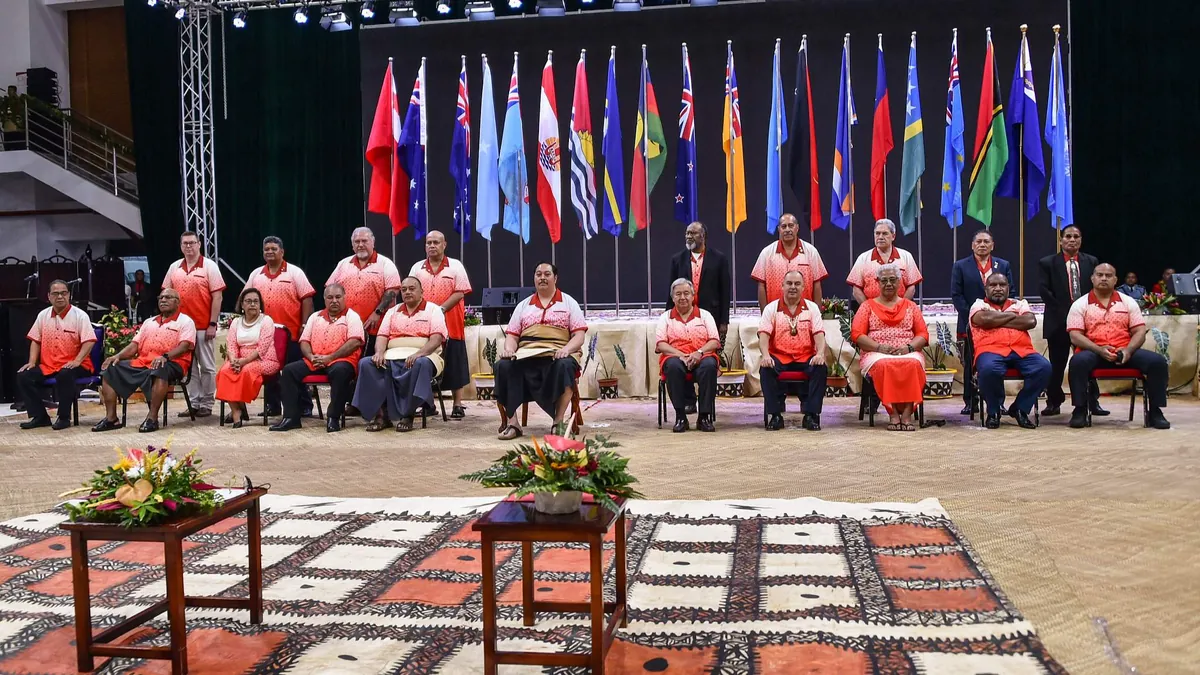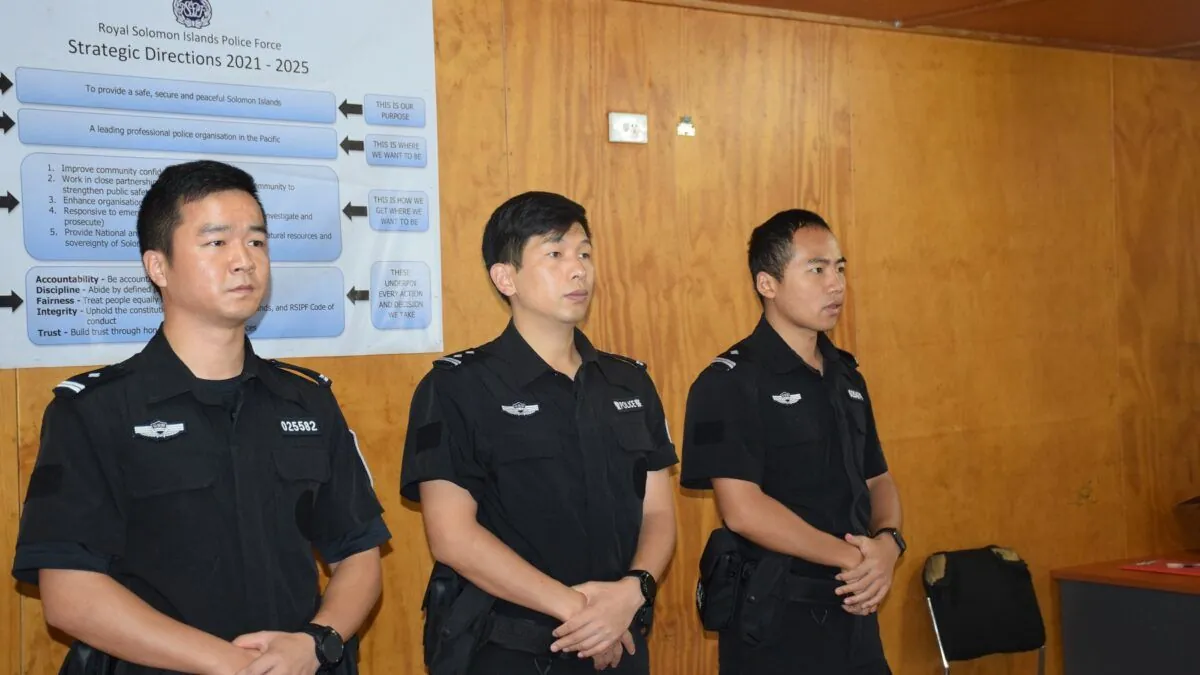Pacific Nations Back Australia's $271M Regional Policing Initiative
Pacific Island states have endorsed Australia's A$400 million plan to enhance regional policing. The initiative aims to improve training and create a mobile unit, potentially countering China's growing influence in the area.

Pacific Island nations have given their support to a significant Australian-funded policing initiative, marking a pivotal moment in regional security cooperation. The A$400 million (approximately $271 million) plan, endorsed on August 28, 2024, aims to bolster police training and establish a mobile regional policing unit across the Pacific.
Anthony Albanese, Australia's Prime Minister, announced the consensus reached during a gathering of Pacific Islands leaders in Tonga on August 27, 2024. The initiative encompasses the creation of four police training facilities throughout the Pacific region, complemented by an additional hub in Brisbane, Australia.
"The first task of an international leader is to look after the security and safety of our residents and that is what this is about. Making sure that by working together, the security of the entire region will be much stronger and will be looked after by ourselves."
A key component of the plan is the formation of a multi-national policing force, designed to respond to major events or crises within the region. This development comes as Australia seeks to maintain its influence in the Pacific, where China has been expanding its presence in various sectors, including infrastructure, military, and policing.
The Pacific Policing Initiative is part of Australia's broader strategy to engage with its neighbors, known as the "Pacific Step-up." This policy aims to enhance Australia's relationships with Pacific Island countries, recognizing their strategic importance in the region.

China's growing involvement in the Pacific has raised concerns among Western allies. In 2022, the Solomon Islands signed a security pact with China, highlighting Beijing's increasing influence. Currently, Chinese police are operating in both the Solomon Islands and Kiribati.
The Pacific Islands, consisting of 14 countries and 7 territories, hold significant strategic value due to their location between Asia and the Americas. These nations face unique challenges, including vulnerability to climate change and the need for sustainable development of their rich marine resources.
In the weeks leading up to the forum meeting, Beijing hosted visits from leaders of Fiji, Vanuatu, and Solomon Islands, showcasing its ability to provide development assistance and pursue its security objectives in the region. This diplomatic activity underscores the ongoing competition for influence in the Pacific.
Australia, as the largest aid donor to the Pacific region for decades, has been increasing its defense spending in response to perceived regional security challenges. The Pacific Policing Initiative represents a significant investment in regional stability and cooperation, aiming to address the security needs of Pacific Island nations while potentially reducing their reliance on external powers like China.
As the Pacific continues to navigate complex geopolitical dynamics, initiatives like this policing plan may play a crucial role in shaping the region's future security landscape. The success of this endeavor will likely depend on its implementation and the continued collaboration between Australia and its Pacific neighbors.


































